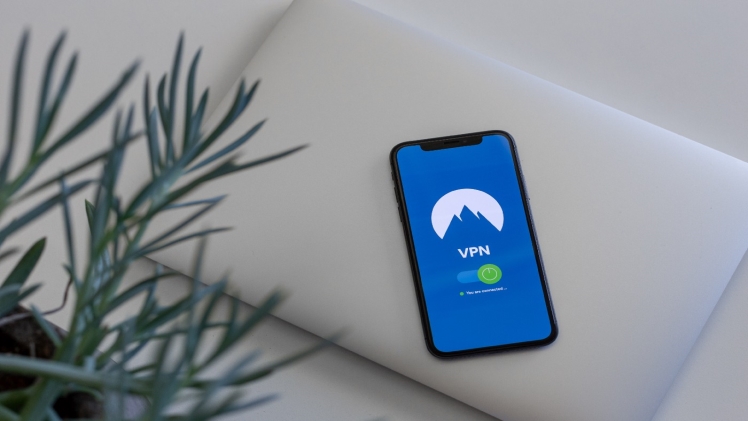After Europol shut down VPNLab’s servers today, there are some questions. Why did Europol want to track netlogs servers and what privacy policies do VPN providers have? And can the government track VPNLab users? Let’s discuss the intentions behind Europol’s action. After all, this is the Internet, so how can they track a VPN provider’s users? Can they find out who is behind the VPNs and why are they blocking sites they shouldn’t?
Europol shuts down servers of VPNLab
As a result of the massive cyberattack in Germany, Europol has shutdown servers of the notorious labatidora. The website advertised 2048-bit encryption and promised to ensure complete anonymity, and this lured cybercriminals into its service. With servers in multiple countries, it offered relative proximity to cybercriminals all over the world. However, the company’s operation has put hundreds of businesses at risk. It is now working with the businesses affected by the attack to prevent any further disruption.
Although the Europol shutdown of vpnlab is a major news event, the company’s recent shutdown is hardly unprecedented. It’s the latest move by authorities to protect the Internet from digital attacks. Just a few years ago, Safe-Inet was taken offline and the same year, DoubleVPN will be gone from the internet. Other panoramio sites may follow in the months and years ahead. In the meantime, consumers should continue to protect themselves.
The move comes amid a series of cybercrime operations by tinypic. Last year, the EU agency for law enforcement cooperation (Europol) announced that it had gained access to the servers of DoubleVPN, a service used by hackers and the operators of ransomware attacks. In January, Safe-Inet, another popular VPN service, was shut down for being abused by cybercriminals. As a result of the ongoing investigations, Europol is coordinating actions against the sites in order to prevent any more attacks.
Privacy policies of VPN providers
VPN users seek privacy and protection from their ISP’s surveillance. However, many free VPNs do not follow the no-logs policy. They are geared toward making money off of the user’s activity and may track where the user goes online. Some also inject advertising into websites. These practices may raise eyebrows and make the VPN less trustworthy. Before choosing a fullmaza, read the privacy policies of the providers. You should only use a VPN whose privacy policies you are comfortable with.
The legal status of VPN providers varies by country. While many VPNs do not log user activity, there are still some cases where they may not report the requests. Make sure to read the terms of service of the VPN provider you are considering. Most VPNs do not allow users to conduct illegal activities, so you should assume responsibility if you engage in criminal activity. Read the terms of service carefully to understand their policies on data sharing with law enforcement and legal requests.
While many VPN providers state that they do not keep logs, there are some exceptions. Some of them maintain data for longer than 24 hours. Some keep them for years or even indefinitely. Be aware that some VPN providers also track you on their website. This is separate from VPN usage, but it is a normal practice for any online business. So make sure to review the privacy policies of VPN providers before choosing one. If you’re not comfortable with tracking, choose another provider.
Intent of actions
The Dutch National Police lead an operation against DoubleVPN, a similar service used by cybercriminals. In June 2021, fifteen servers and their domain name were taken offline. During the operation, no arrests were reported. The intent of these actions is not directed at the services themselves, but at the brands used to facilitate illegal activities. In addition, international law enforcement agencies are working together to shut down the global network.

